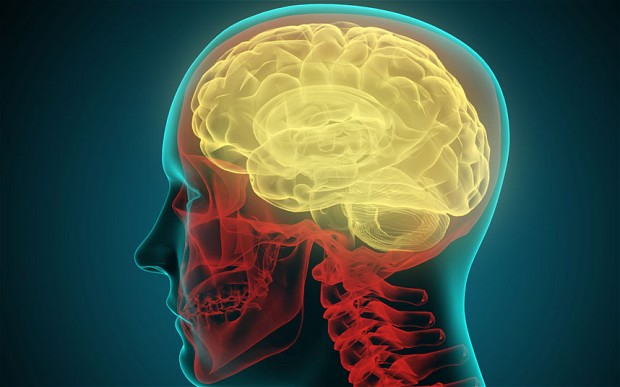Brain Fog and How to Deal With It When You Have Hypoparathyroidism
Written by |

While it’s not a classic symptom of hypoparathyroidism, some patients report brain fog, which can affect their ability to focus, learn, retain information, and maintain employment.
What is hypoparathyroidism?
Hypoparathyroidism is a rare condition in which the parathyroid glands produce too little parathyroid hormone, or PTH. This causes a decrease in calcium levels and an increase in phosphorus levels in the blood. This imbalance can lead to a broad range of symptoms that, in addition to brain fog, can include tingling sensations in the fingertips, toes, and lips, and muscle pains or cramps.
What is brain fog?
Along with fatigue, headaches, depression, seizures, laryngeal spasms, and other symptoms, brain fog is a short-term symptom of hypoparathyroidism that can include focus and concentration problems and memory loss. All of these can affect patients’ quality of life.
Episodes of brain fog can hit in waves, often leaving you unable to think clearly for hours or even days. Those who experience it often complain of an inability to perform day-to-day tasks, organize thoughts, or hold a conversation. Some people have problems with word choice and language, and their speech might be slow and confused.
While cognitive dysfunction is not linked to diminished intellect, it can be perplexing to those who experience it. It can also affect confidence and self-esteem.
What makes brain fog worse?
Just as excessive physical activity will result in muscle fatigue, protracted mental activity may cause or aggravate brain fog and related cognitive problems.
A person’s general health state can also affect the severity of brain fog. If you have depression or anxiety, for example, it could exacerbate cognitive dysfunction.
How do doctors treat brain fog?
A symptom of low calcium, also known as hypocalcemia, untreated brain fog can worsen and result in strong feelings of being “out of it.”
Some find that the best way to manage brain fog is by balancing activity with rest to avoid becoming overwhelmed. To pace yourself, find a comfortable baseline of mental activity and divide it into small manageable portions, interspersed with rest or relaxation. Cease any cognitively demanding activity before you reach “mental fatigue.” Also, do not push yourself past limitations you have set for yourself.
If you experience short-term memory loss, it might be helpful to keep lists of important things you need to do for each day. Also, make sure you return items such as keys or medication to their place. And instead of multitasking, focus on one activity at a time.
It is very important that you have proper support. If you’re having a tough time coping with brain fog, you may want to discuss psychological remedies with your physician. In addition, make sure you let certain family members, friends, and co-workers know of the trouble you’re having and how they can help you cope.
Last updated: June 5, 2020
***
Hypoparathyroidism Newsis strictly a news and information website about the disease. It does not provide medical advice, diagnosis, or treatment. This content is not intended to be a substitute for professional medical advice, diagnosis, or treatment. Always seek the advice of your physician or other qualified health provider with any questions you may have regarding a medical condition. Never disregard professional medical advice or delay in seeking it because of something you have read on this website.





